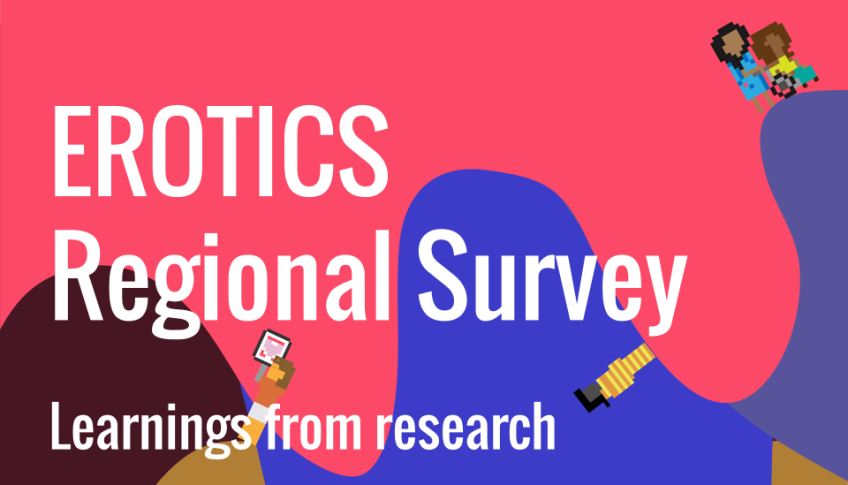
Writing a summary of research with participants across age groups, countries, locations and languages seems close to impossible. But the past year of engaging with researchers from Bangladesh, Nepal and Sri Lanka has provided us a lot of insight on how the internet can and is perceived by different groups of people even within our countries. So, to explore the range of experiences captured in the survey, I will be writing through the lens of two of the Feminist Principles of the Internet (FPIs) – Access and Usage – to get a deeper look at different patterns that exist within our communities in our region.
The Feminist Principles of the Internet were drafted in Malaysia in April 2014 in a meeting organised by APC that brought together 50 activists and advocates working on sexual rights, women’s rights, violence against women, and internet rights to identify and prioritise what constitutes a feminist internet. Currently there are 17 principles organised in five clusters of Access, Movements, Economy, Expression and Embodiment.
This EROTICS regional quantitative survey along with an in-depth qualitative survey focused on asking questions under many of these clusters. The participants across each country varied widely. Hence, it is best to see the diversity of responses we received as unique ways of using and being on the internet rather than as a comparative analysis.
Continue reading at GenderIT.org.
Read the first part of this article: EROTICS Regional Survey learnings (1): Reflections on feminist internet research design